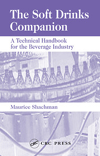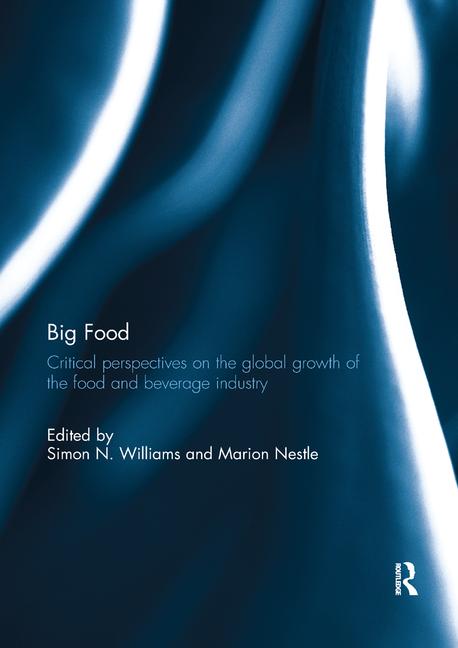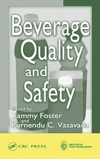Pepsico Gets Naked
PepsiCo has agreed to acquire super-premium juice-maker Naked Juice
Co., Azusa, Calif., from North Castle Partners. The acquisition is the
second health and wellness-related agreement for PepsiCo during the past
several months, following September’s purchase of Izze Beverages,
Boulder, Colo.
Naked Juice has sales of more than $150 million, and
its products include more than 25 all natural chilled juices and juice
smoothies. Naked Juice is sold primarily in the produce department of
supermarkets, club stores, health food stores and other specialty stores.
Pepsi says nearly all of the Naked Juice beverages will qualify for the
PepsiCo Smart Spot, which was created to identify healthy-lifestyle
products.
“The company's products are consistent with
PepsiCo's overall health and wellness focus and will help accelerate our
efforts in providing great tasting fruit and vegetable servings to North
American consumers,” Greg Shearson, president of Tropicana Products
North America, commented on the acquisition.
Naked Juice will continue to operate in California.
CCE takes on Arizona distribution
Coca-Cola Enterprises, Atlanta, will distribute Arizona iced tea
products in the United States, beginning in February. CCE will carry three
flavors of a new 34-ounce package of Arizona Iced Tea — Iced Tea with
Lemon, Green Tea with Honey & Lemon and Sweet Tea. In June, CCE began
distribution of seven Arizona flavors in a variety of bottle and can
packages throughout its territories in Canada.
“We are combining the power of our sales and
distribution system with the No. 1
ready-to-drink brand in the fast-growing tea category,” said John F.
Brock, president and chief executive officer at Coca-Cola Enterprises.
“This provides substantial opportunities, now and in the future, to
generate profitable growth for both of our companies.”
Brau Beviale hosts worldwide audience
Organizers of Brau Beviale report 36,358 attendees from all over the world attended
the show, held last month in Nuremberg, Germany. The show featured 1,436
exhibitors, and visitors included breweries and malting houses (48
percent), soft drink producers (more than 12 percent), other beverage
producers (5 percent) and suppliers (17 percent). A quarter of attendees
hailed from outside Germany, and a considerable number represented the
growth markets of Central and Eastern Europe.


